Pub Theology 1/28/25 -- Truth to power
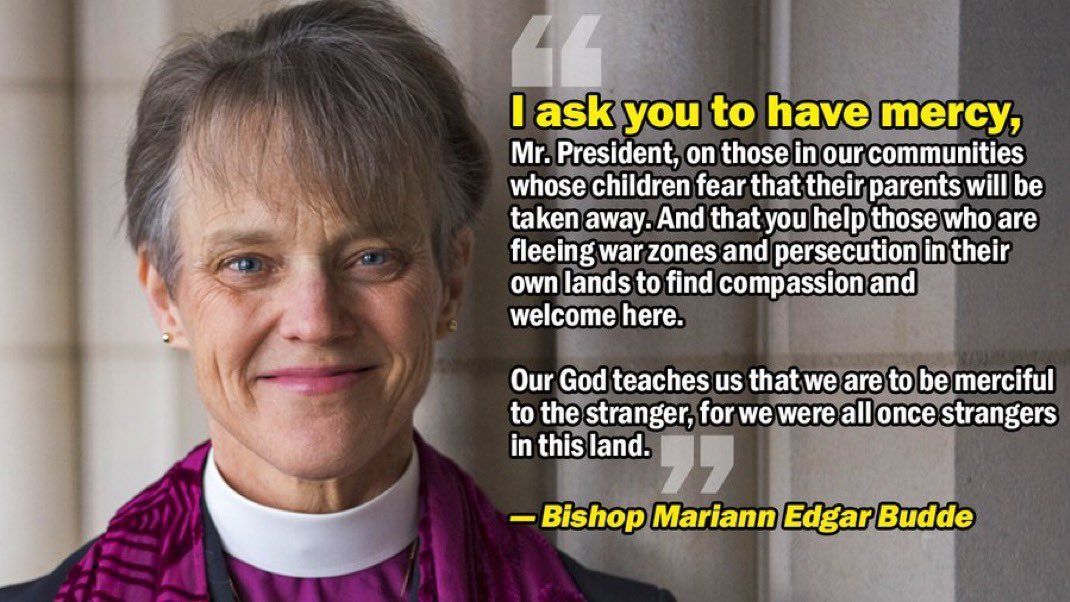
With the deep freeze behind us, at least for now, it's time for us to dig into a weighty topic. Two things nearly coincided last week. On Monday we marked Martin Luther King Jr. Day, the day when our country remembers the civil rights icon and spiritual leader who made the powerful and complicit uncomfortable through the power of his words and witness. And on Tuesday, the Rt. Rev. Mariann Edgar Budde, Episcopal Bishop of the Diocese of Washington, D.C., did the same in her sermon at the post-inauguration prayer service held at Washington National Cathedral, her seat as bishop and spiritual leader.
In the closing of her sermon, Bishop Budde made a simple but direct plea to newly inaugurated Pres. Donald Trump, that he show mercy. That portion of her 15-minute message is worth quoting in full:
"Let me make one final plea, Mr. President. Millions have put their trust in you and, as you told the nation yesterday, you have felt the providential hand of a loving God. In the name of our God, I ask you to have mercy upon the people in our country who are scared now. There are gay, lesbian and transgender children in Democratic, Republican, and Independent families, some who fear for their lives. The people who pick our crops and clean our office buildings; who labor in poultry farms and meat packing plants; who wash the dishes after we eat in restaurants and work the night shifts in hospitals. They…may not be citizens or have the proper documentation. But the vast majority of immigrants are not criminals. They pay taxes and are good neighbors. They are faithful members of our churches and mosques, synagogues, gurudwaras and temples. I ask you to have mercy, Mr. President, on those in our communities whose children fear that their parents will be taken away. And that you help those who are fleeing war zones and persecution in their own lands to find compassion and welcome here. Our God teaches us that we are to be merciful to the stranger, for we were all once strangers in this land. May God grant us the strength and courage to honor the dignity of every human being, to speak the truth to one another in love and walk humbly with each other and our God for the good of all people. Good of all people in this nation and the world. Amen”
It was a deeply Christian plea, informed by the Gospel and reflective of the core teachings of Jesus. And, of course, it generated almost instant criticism and condemnation from the president himself and from his supporters, including others who claim for themselves the mantle of Christian. Trump called Budde a "so-called bishop" and a "radical Left hard line Trump hater" who had brought her church into the world of politics in a very ungracious way."
His supporters said worse. Their condemnations have included charges of heresy and threats of physical harm up to and including death. You can read a very good discussion of all of this, along with the bishop's reaction, in this article from The New York Times.
As Elizabeth Bruenig wrote at The Atlantic, exhortations for mercy are never easy for the powerful to hear. "Trump was outraged by Budde’s remarks, and predictably so: Those vested with an abundance of worldly power should find the radical Christian message of mercy hard to hear, because it demands mildness and leniency of the mighty rather than strength and bombast. ... The Christian faith is careful to exhort the powerful to mercy because mercy is so opposed to the exercise of power."
So we're going to talk about all of this in our conversation this week. Why can it be so hard to speak truth to power? Have you ever found yourself in such a situation where you've had to make a decision about raising uncomfortable truths to those in positions of power or authority? And what do you make of the controversy that the bishop's remarks generated? How is it that such a simple plea for mercy and kindness received such negative backlash?
Join us for the discussion this week, Tuesday Jan. 28. The conversation starts at 7pm at Casa Real in downtown Oxford.
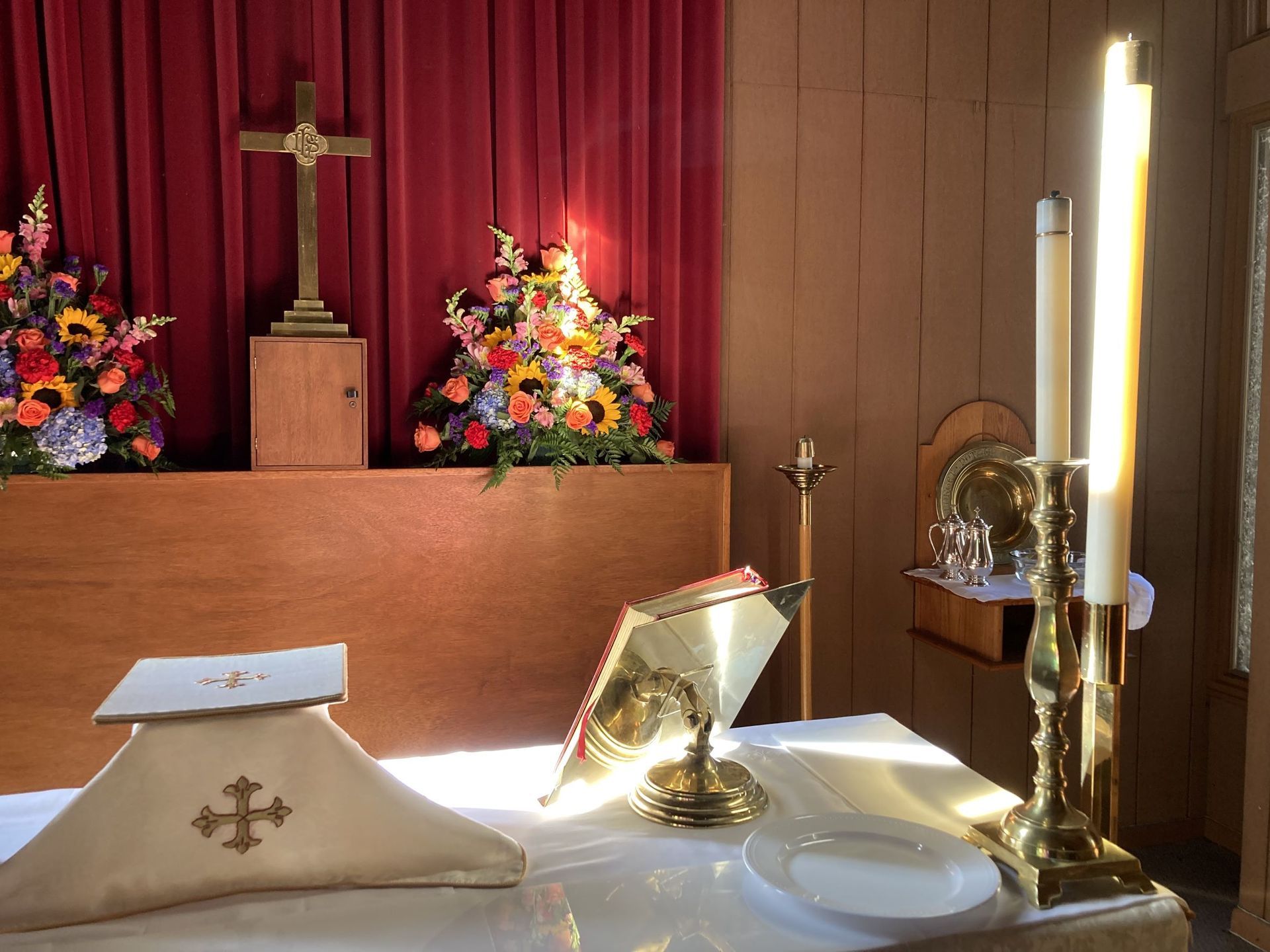


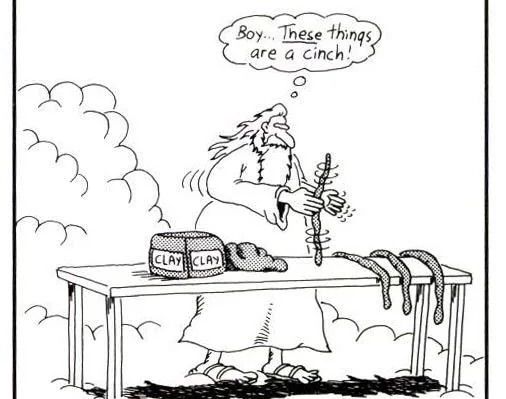

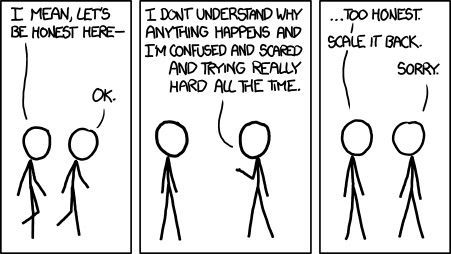

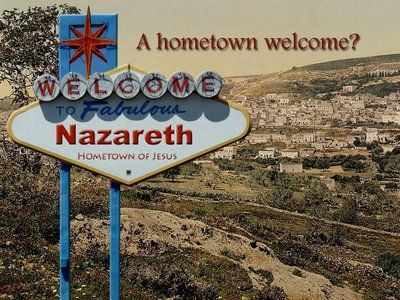

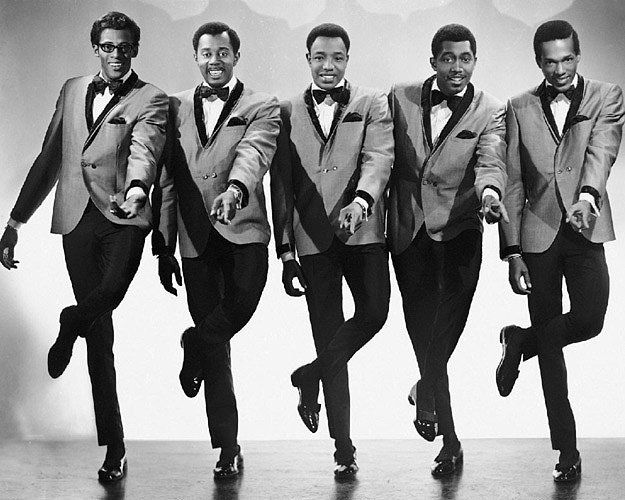
Useful Links
Contact info
(248) 391-0663
office@stmarysinthehills.org
2512 Joslyn Court
Lake Orion, Michigan 48360
Join our community
Contact Us
We will get back to you as soon as possible
Please try again later
